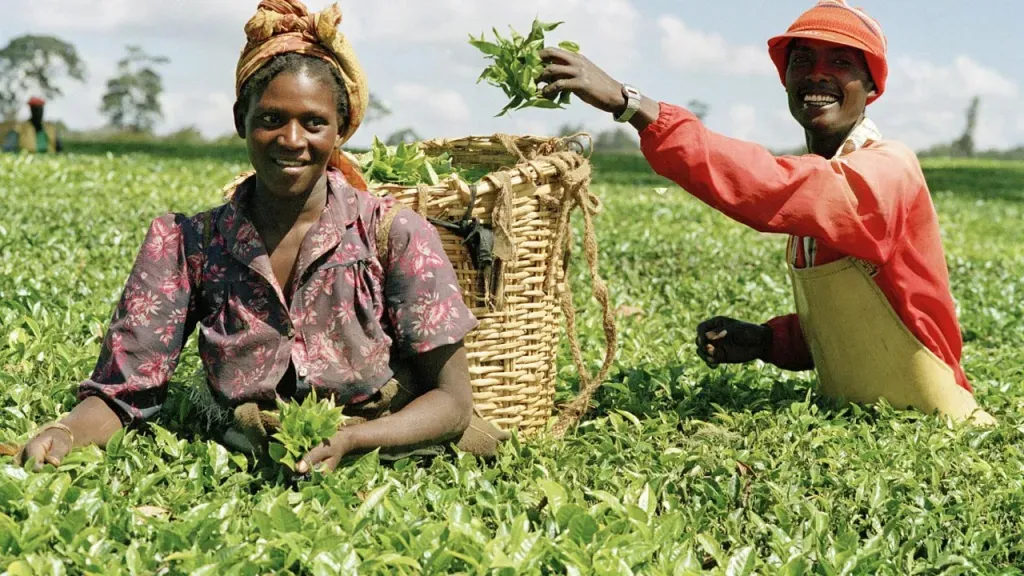Apollo Agri., Kenyan Agri-tech Star-up Secures $40M in Softbank-led series B round

Apollo Agriculture, a Kenyan agri-tech start-up that connects farmers to high-quality farm inputs, financing, and markets, has raised $40 million in a Series B funding round led by Softbank Vision Fund 2, with participation from Chan Zuckerberg Initiative, Yara Growth Ventures, Endeavor Catalyst, and CDC Group Plc.
Anthemis Exponential Ventures, Flourish Ventures, Leaps by Bayer, SBI, Breyer Capital, and TO Ventures Food were among the existing investors that took part. By the end of 2022, the Agri-tech start-up hopes to have doubled the number of farmers it serves, refined its technology, and introduced new products that provide farmers with the greater value per acre of land.
Apollo Agriculture uses artificial intelligence (AI) and agricultural satellite imaging data to assess a farmer’s creditworthiness. It collaborates with a network of brokers that help farmers and merchants join its platform.
While commenting on the new funding, Eli Pollak, co-founder, and CEO of Apollo Agriculture hinted that the start-up plans to expand into new African markets. “We’re continuing to invest in quick growth by servicing more farmers, assisting them in expanding their land, and accelerating the business.” As a result, there will be ongoing development across Kenya as well as expansion into new markets.” “We’re also working on goods that provide more value per acre.” This might include new crops that allow consumers to make more money.” He said.
Eli Pollak co-founded Apollo with Benjamin Njenga and Earl St Sauver in 2005 with the agri-tech start-up starting by working with maize farmers and helping them diversify into other high-yielding crops.
“We started with maize. Maize isn’t ideal, but it has a significant advantage: practically every farmer in East Africa grows it. “This offers us a platform where we can win the trust of farmers and deliver value right now,” he explained.
“We feel that the best method to transition from subsistence farming to farming as a business is to work with that farmer and use our machine learning algorithms to identify the farmers who are most likely to graduate to higher-profitability crops.”
In 2021, Apollo claimed to have worked with more than 100,000 farmers, with plans to double that number by the end of the year. It boasts “thousands” of merchants and 5,000 agents spread across the east African country.
Farmers are onboarded on the Apollo by the agents, while merchants utilize the startup’s “checkout app” to manage point of sale, inventories, wholesale purchases, and trade credit. Insurance is one of its offerings, which it offers through its partners, including Pula, a Kenyan insurtech.
“We built our company to help farmers, and when it comes to climate change, we package insurance with every credit we provide to safeguard the borrower,” Pollak stated.
Apollo raised $6 million in a Series A round in May 2020, according to Pollak, who claims the company has expanded tenfold thanks to rapid by-product funding. Over the years, the agritech has received over $16 million in loan finance for forward lending.
Commenting on the successful round, Alexia Yannopoulos, SoftBank Investment director said, “in the face of sustained macroeconomic and geopolitical volatility, feeding the world is one of the most important challenges facing society. Apollo’s platform offers a one-stop-shop solution to help small-scale farmers in emerging regions improve crop and livestock outputs. Embedding valuable financial services like credit, insurance, and advice into the supply chain is critical in supporting a more efficient and sustainable global food chain.”
